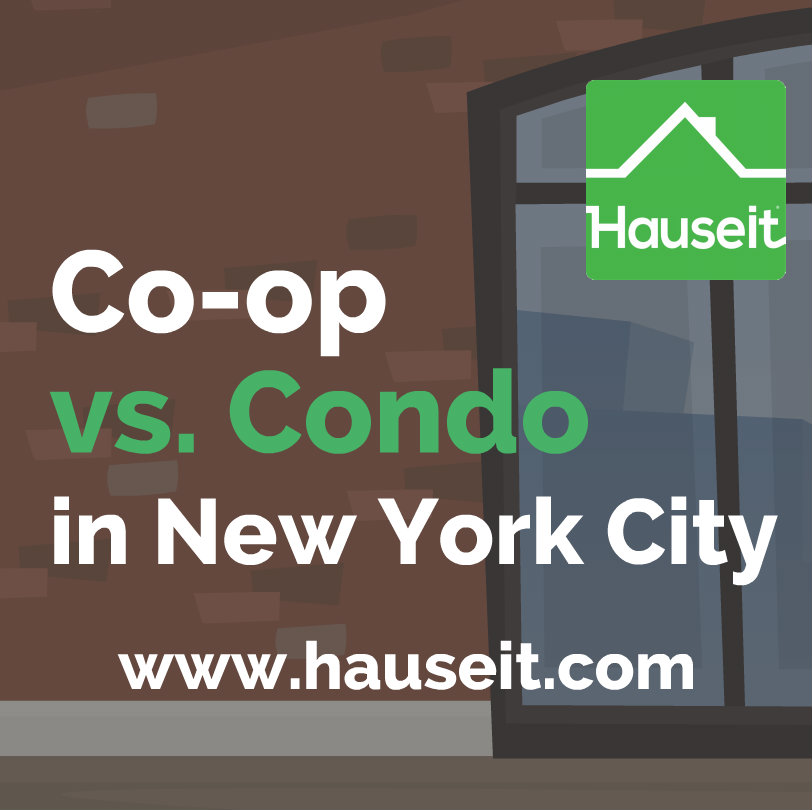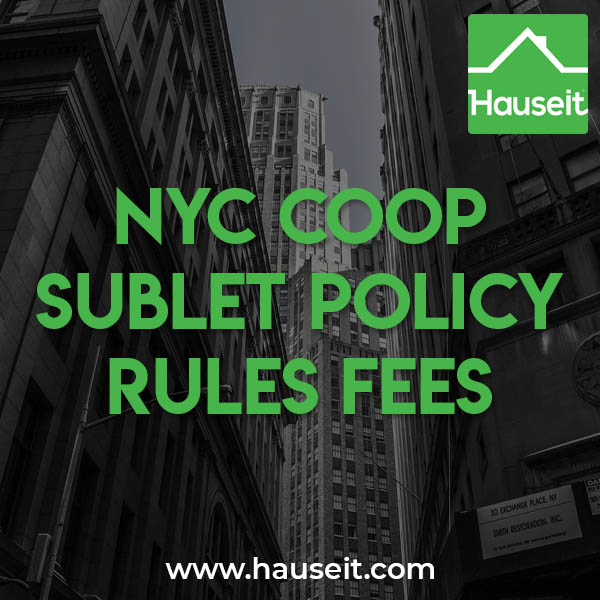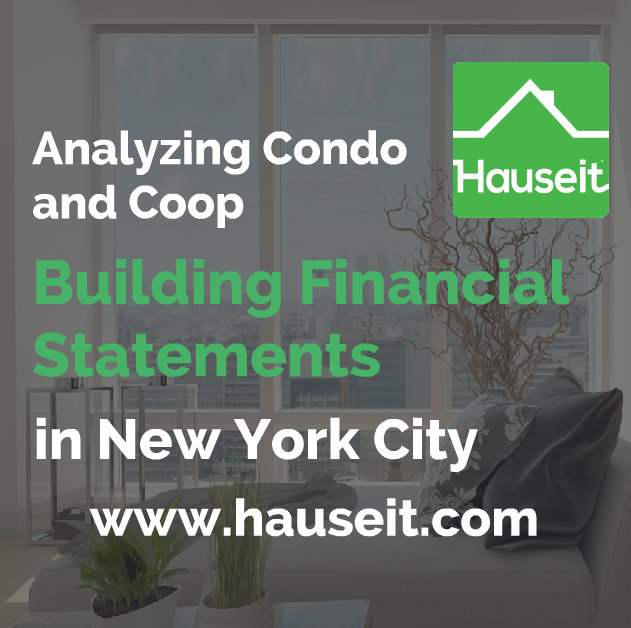Home Affordability Calculator
Annual Income
Annual Home Insurance Premium
Monthly Property Taxes
Monthly Other Fixed Liabilities Other recurring monthly payments that show up on your credit report such as minimum required payments for student loans, credit card debt and auto loans.
Down Payment (%)
Maximum Debt to Income Ratio (%) Some co-op buildings will have more stringent Debt to Income Ratio requirements than banks.
Interest Rate (%)
Loan Term (Years)
Months Post Closing Liquidity Required Many cooperative buildings will require prospective buyers to have a minimum amount of post closing liquidity.
Maximum Purchase Price
Maximum Loan Size
Monthly Mortgage Payment (P&I)
Down Payment
Total Cash Needed










